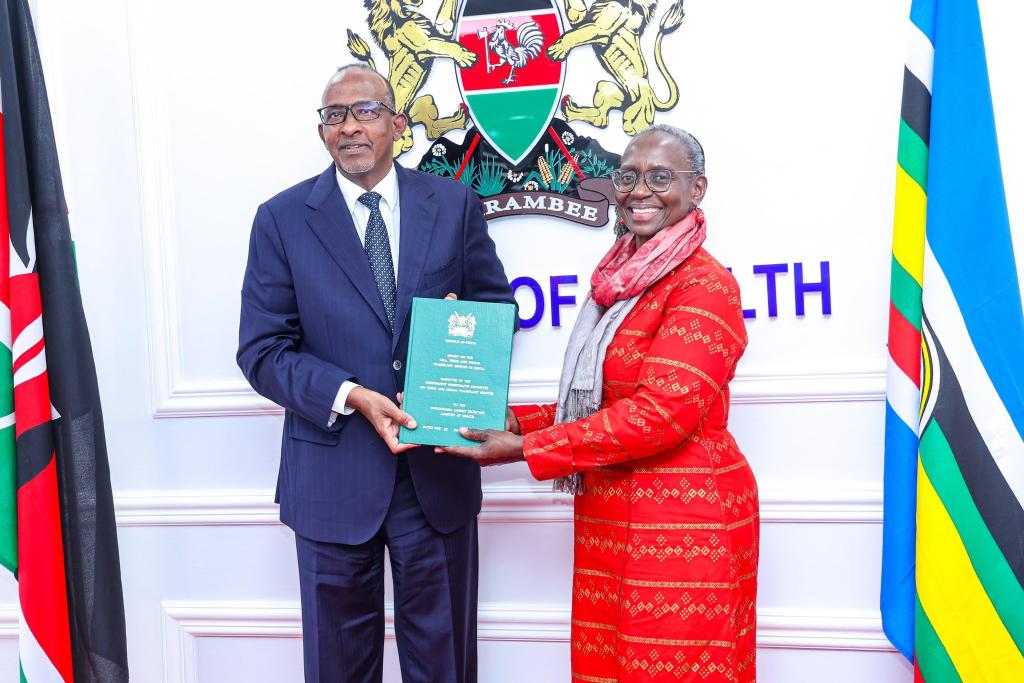A government-commissioned review has exposed serious gaps in the regulation and oversight of organ transplant services in Kenya, revealing that most facilities are never inspected again after their initial licensing.
The report, released by the Committee on Tissue and Organ Transplant Services, warns that the lack of follow-up inspections has left the sector vulnerable to malpractice, ethical violations, and poor clinical standards.
It paints a picture of a disjointed system with fragmented regulation and little coordination between oversight bodies.
“There is no unified legal or regulatory framework governing transplant services in Kenya,” the report notes, adding that the country also lacks a national transplant registry to track and manage donations and procedures.
The inquiry was led by Prof Elizabeth Anne Bukusi and formed in response to growing public concern over organ trafficking and questionable transplant procedures.
It was tasked with reviewing Kenya’s transplant framework from ethical, legal, and clinical perspectives.
The report found that key medical specialties, such as immunology and clinical pathology, remain poorly regulated, undermining the quality and safety of transplants.
Only 25 percent of kidney transplant centres had fully trained multidisciplinary teams, and nearly half of all assessed facilities operated without standard operating procedures.
Documentation failures were also widespread. Sixty percent of the facilities reviewed lacked proper clinical records, including details on patient consent and clinical evaluations.
Only 30 percent had reliable systems to monitor donor recovery, and not a single facility provided structured follow-up care for donors—whether medical or psychological.
“Kenya’s transplant sector suffers from weak donor care systems, low clinical standards, inadequate infrastructure, and systemic failures in documentation,” the committee concluded.
The team, composed of clinicians, legal and public health experts, ethicists, and a patient representative, was appointed by Health Cabinet Secretary Aden Duale.
It also highlighted Kenya’s heavy reliance on living, related donors, saying this reflects broader weaknesses in the country’s organ donation framework.

